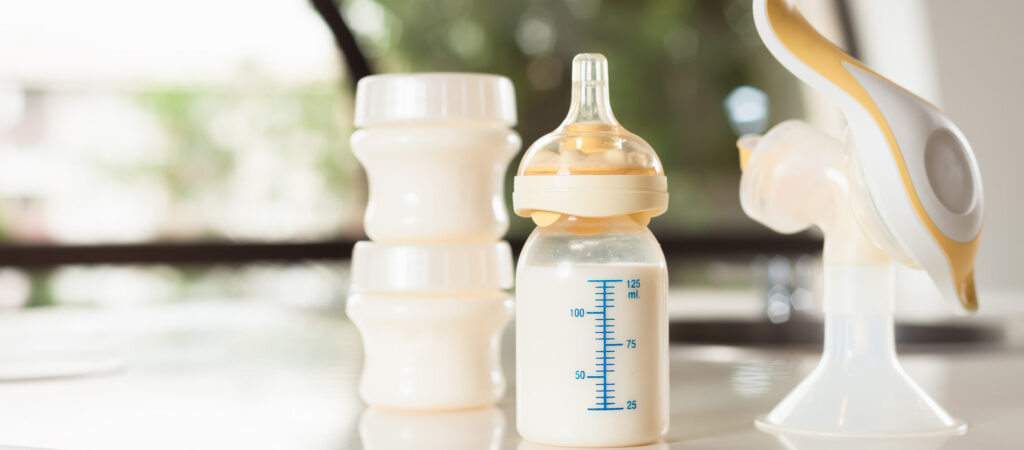
US Department of Labor Provides Guidance on Break Time for Nursing Mothers
One of the lesser heralded provisions of the Patient Protection and Affordable Care Act (better known as the Health Care Reform Bill) enacted in March of 2010 is section 4207, which provides reasonable break time for nursing mothers. This law amended Section 7 of the Fair Labor Standards Act. Unlike many provisions of the health reform bill, which do not go into effect for several years, this provision immediately became enforceable in March. The United States Labor Department has recently published guidance regarding the impact of the federal Fair Labor Standards Act’s new lactation-break requirement:
- This break time requirement only applies to employees who are not exempt from the FLSA’s overtime pay requirements.
- Employers with less than 50 employees are not subject to this break time requirement if compliance would impose an undue hardship (defined as the difficulty or expense of compliance for a specific employer in comparison to the size, financial resources, nature, and structure of the employer’s business). All employees who work for a covered employer, regardless of work site, are counted when determining whether this exemption may apply.
- Employers must provide “reasonable break time for an employee to express breast milk for her nursing child for one year after the child’s birth each time such employee has need to express the milk.” The Department of Labor has not specified any minimum number of, frequency of, or duration for these breaks. The fact sheet simply states that the frequency and duration of each break will likely vary from employee to employee, and employers must provide breaks as frequently as needed by the nursing mother.
- Employers must provide “a place, other than a bathroom, that is shielded from view and free from intrusion from coworkers and the public, which may be used by an employee to express breast milk.” A bathroom, even if private, is not a permissible location for this purpose. The location must be functional as a space for expressing breast milk. If the space is not dedicated to the nursing mother’s use, it must be available when needed. A space temporarily created or converted into a space for expressing milk or made available when needed by the nursing mother is sufficient, provided that the space is shielded from view, and free from any intrusion from coworkers and the public.
- Employers are not required to compensate nursing mothers for breaks taken for the purpose of expressing milk. However, where employers already provide compensated breaks, an employee who uses that break time to express milk must be compensated in the same way that other employees are compensated for break time.
- This law does not preempt state laws that provide greater protections to employees (for example, providing compensated break time, providing break time for exempt employees, or providing break time beyond one year after the child’s birth).
If you have questions about this or other employment-related issues, please contact Connie Carrigan.

